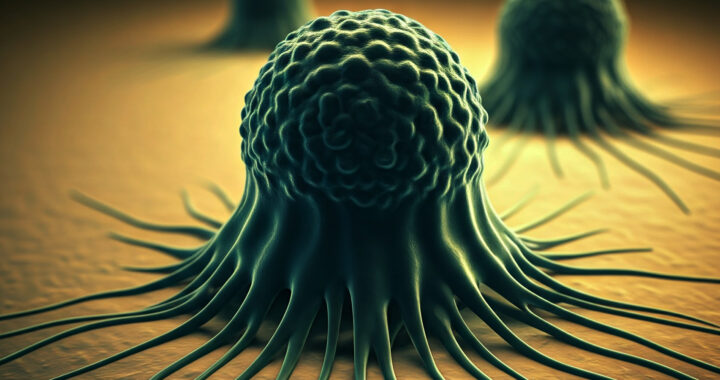Researchers at the Korea Advanced Institute of Science and Technology led by Kwang-Hyun Cho of the Department of Bio and Brain Engineering have developed a technology that reverses colon cancer cells into normal cells without damaging them. Their findings are detailed in an article published in December 2024 in the journal Advanced Science.
Turning Cancer Cells Into Normal Cells: Technology From South Korean Researchers
Traditional cancer treatments center on killing cancer cells. Examples include chemotherapy and radiotherapy. Most cancer research also focus on the same mechanism of action. However, several researchers have also explored alternative treatment routes. One such involves reversing cancer cells into normal cells or their non-malignant state. This has been demonstrated by South Korean researchers.
Key Points
• Complex Gene Regulation: The process of cellular differentiation involves layers of gene expression control that are influenced by various transcriptional regulators. Identifying the most critical ones has been a major challenge for researchers.
• Computational Framework: Researchers at the Korea Advanced Institute of Science and Technology introduced a computational tool called single-cell Boolean network inference and control or BENEIN. This framework analyzes single-cell gene expression data to identify master regulators in differentiation pathways.
• Application to Intestinal Cell: The framework identified three master regulators using data from human large intestines. These are MYB, HDAC2, and FOXA2. These regulators drive the differentiation of cells into a type of intestinal cells called enterocytes.
• Cancer Cell Reversion: Inhibiting the master regulators in colorectal cancer cells not only promotes their differentiation into normal enterocyte-like cells but also reduces their cancerous traits. This therapeutic potential was confirmed in laboratory or in vitro and in living organisms or in vivo experiments.
Implications
The research highlights the potential of BENEIN to decode complex regulatory networks involved in cellular differentiation and its therapeutic application. The study by South Korean researchers showed how it can be used to determine master regulators that can be targeted to revert cancer cells back to normal states.
Note that the researchers also mentioned previous studies that involved cancer cells in diseases like acute myeloid leukemia, breast cancer, and hepatocellular carcinoma can be encouraged to differentiate or trans-differentiate to reverse them back to their non-malignant states. Cancer cell reversal is not new.
For example, researchers S. Radko-Juettner et al. published a study in March 2024 that showcased the reversal of certain types of cancer cells that mutated due to the loss of the tumor suppressor gene SMARCB1. This was achieved by targeting a gene called DCAF5 to restore the function of tumor-suppressor complexes.
A 2023 review article by D. Shin and K. Cho explains that the process of cancer reversion generally centers on a cellular reprogramming mechanism by which cancer cells lose their malignant properties and acquire the phenotypic characteristics of normal cells. They noted that true cancer cell reversion involves stability.
FURTHER READINGS AND REFERENCES
- Gong, J., Lee, C., Kim, H., Kim, J., Jeon, J., Park, S., and Cho, K. 2024. “Control of Cellular Differentiation Trajectories for Cancer Reversion.” Advanced Science. Wiley. DOI: 1002/advs.202402132
- Radko-Juettner, S., Yue, H., Myers, J. A., Carter, R. D., Robertson, A. N., Mittal, P., Zhu, Z., Hansen, B. S., Donovan, K. A., Hunkeler, M., Rosikiewicz, W., Wu, Z., McReynolds, M. G., Roy Burman, S. S., Schmoker, A. M., Mageed, N., Brown, S. A., Mobley, R. J., Partridge, J. F., … Roberts, C. W. M. 2024. “Targeting DCAF5 suppresses SMARCB1-Mutant Cancer by Stabilizing SWI/SNF.” Nature. 628(8007): 442-449. Springer Science and Business Media LLC. DOI: 1038/s41586-024-07250-1
- Shin, D. and Cho, K.-H. 2023. “Critical Transition and Reversion of Tumorigenesis. Experimental & Molecular Medicine. 55(4): 692-705. Springer Science and Business Media LLC. DOI: 1038/s12276-023-00969-3
